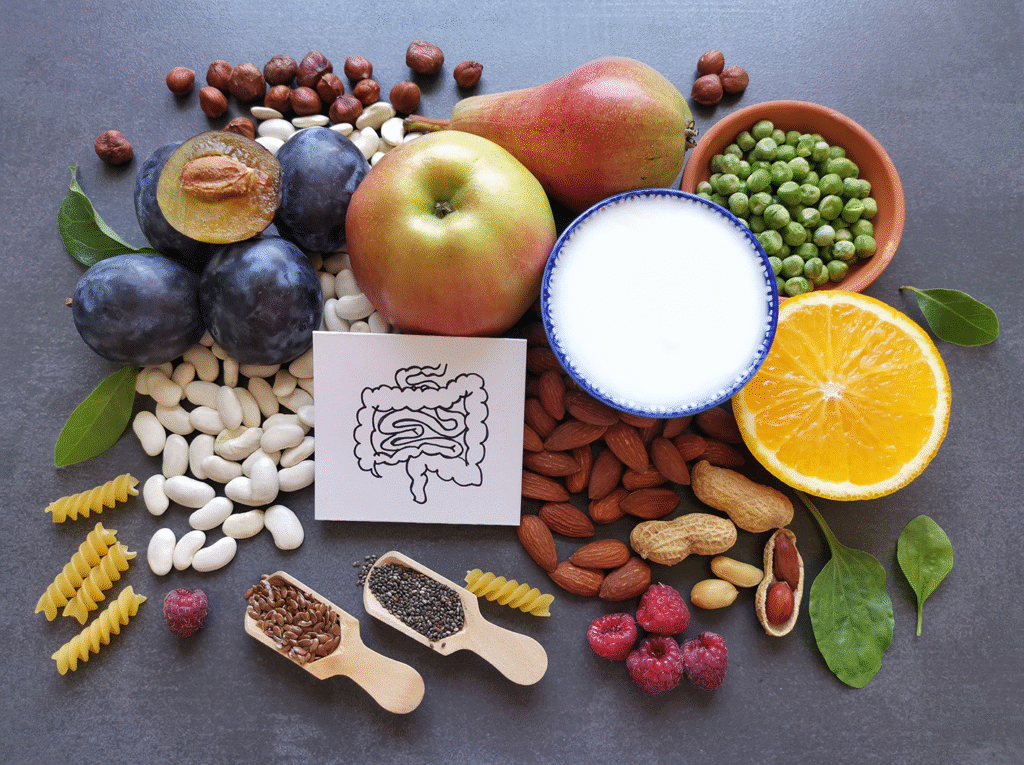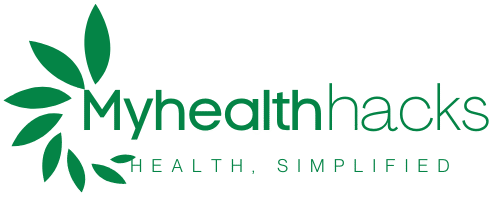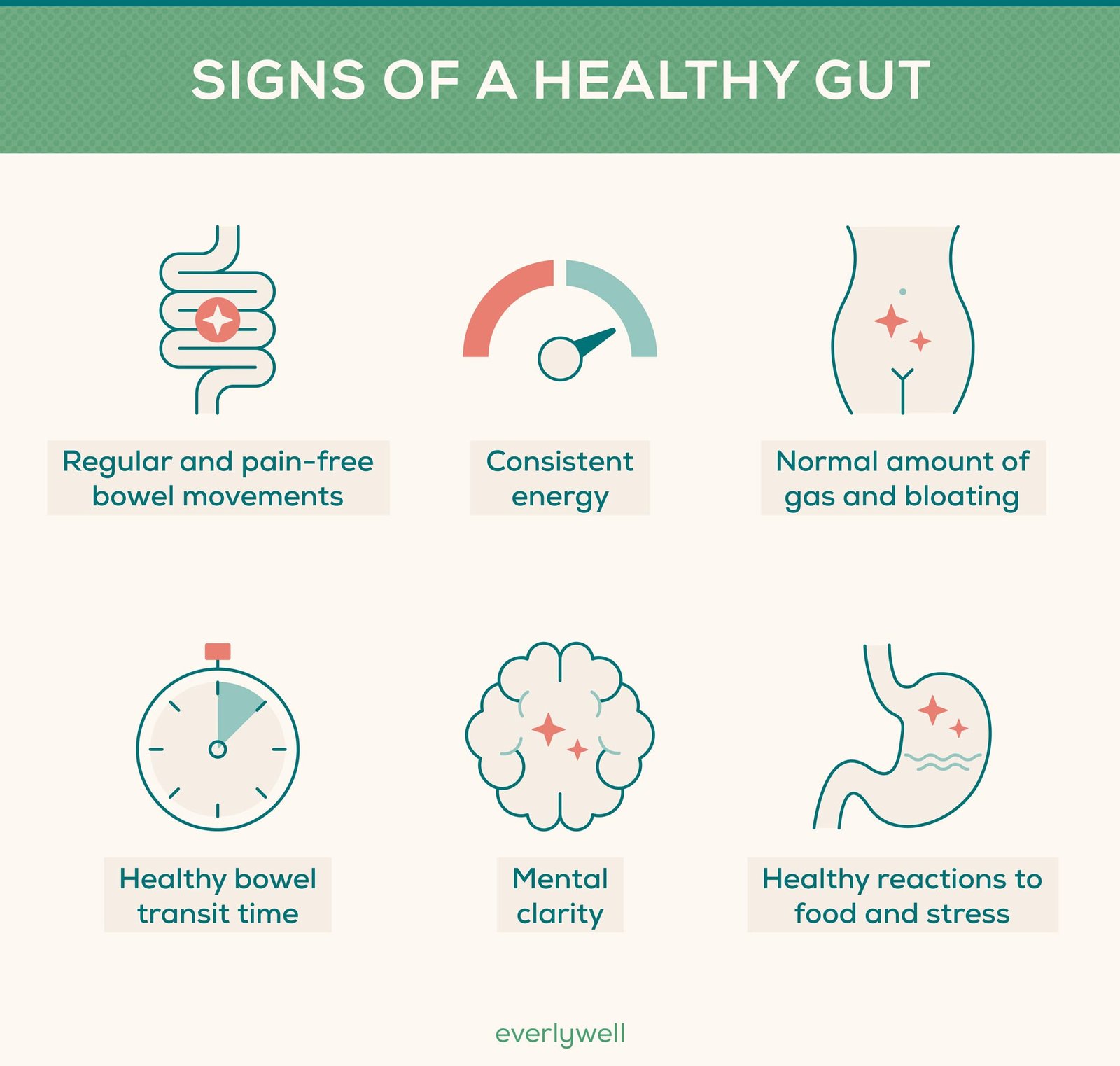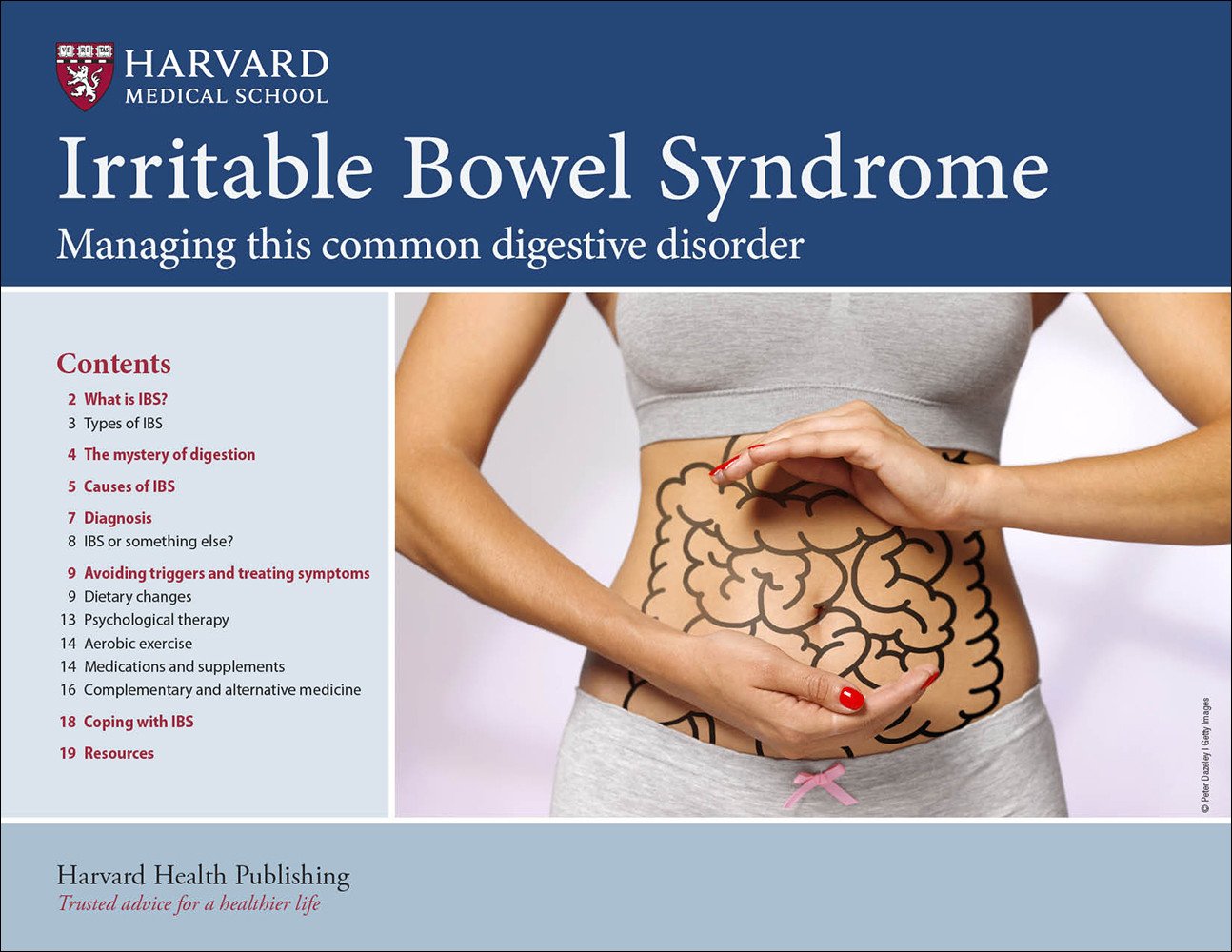Concise Summary
Functional foods and beverages for digestive wellness are reshaping the American health market. From probiotics and fiber-rich drinks to plant-based gut-friendly snacks, these products help balance the microbiome, ease digestive discomfort, and improve overall well-being. This guide explores current trends, science-backed benefits, top products, consumer insights, and future opportunities—offering practical advice for choosing the right gut-health foods in the U.S. market.
Introduction: Why Gut Health Matters More Than Ever in America
In recent years, digestive wellness has emerged as one of the fastest-growing sectors in U.S. health and nutrition. A staggering 70 million Americans suffer from digestive diseases annually (National Institute of Diabetes and Digestive and Kidney Diseases, 2023), and even those without medical diagnoses increasingly report bloating, gas, and irregularity due to diet and stress.
Consumers are looking beyond traditional medicine, embracing functional foods and beverages that not only nourish but actively promote gut health. Kombucha, probiotic yogurts, prebiotic sodas, fiber-infused snacks, and plant-based digestive aids are no longer niche—they’re part of everyday grocery shopping.
But what exactly are functional foods for digestive wellness? How do they work? And which products actually live up to the hype? Let’s explore.
What Are Functional Foods and Beverages for Digestive Wellness?
Functional foods are items that provide health benefits beyond basic nutrition. In digestive wellness, these products specifically aim to:
- Support gut microbiome balance (by adding probiotics and prebiotics).
- Improve nutrient absorption.
- Reduce digestive discomfort such as bloating, constipation, or indigestion.
- Enhance immune health through a strong gut-brain connection.

Examples :
- Yogurts fortified with probiotics.
- Sparkling waters infused with prebiotic fiber.
- Plant-based protein bars containing digestive enzymes.
- Fermented foods like kimchi, sauerkraut, and kombucha.
Why Are Americans Turning to Gut-Health Foods?
The American lifestyle—high stress, processed diets, irregular sleep, and antibiotic overuse—has fueled rising digestive issues. According to Mintel’s 2024 Digestive Health Report, 58% of U.S. adults are actively seeking foods that “support gut health.”
Key Drivers of Demand:
- Rising digestive disorders (IBS, GERD, IBD).
- Awareness of the gut-brain connection and mental health.
- Preference for natural solutions over medications.
- Growth of wellness culture and influencer-driven product adoption.
Real-life Example: A 34-year-old working mom in California shared that she replaced soda with Olipop (a prebiotic soda) and noticed reduced bloating and improved energy. This shift reflects how U.S. consumers blend lifestyle convenience with digestive care.
How Do Functional Foods Improve Digestive Health?
Functional foods impact digestive health mainly through three mechanisms:
- Probiotics – Live bacteria like Lactobacillus and Bifidobacterium restore gut flora. Commonly found in yogurts, kefir, and kombucha.
- Prebiotics – Non-digestible fibers that “feed” probiotics, found in chicory root, garlic, onions, and fiber-infused drinks.
- Digestive Enzymes & Bioactives – Help break down proteins, fats, and carbohydrates for easier digestion.
Popular Functional Foods & Beverages in the U.S. Market
1. Probiotic-Rich Foods
- Greek yogurt (Chobani, Siggi’s).
- Kefir drinks (Lifeway).
- Kombucha (GT’s Kombucha, Health-Ade).
2. Prebiotic-Fortified Beverages
- Olipop and Poppi sodas.
- Sparkling waters with added fiber.
3. High-Fiber Snacks
- KIND bars with chicory root fiber.
- Plant-based granola with inulin.
4. Fermented Foods
- Sauerkraut, kimchi, miso soup gaining traction in U.S. restaurants and retail.
Consumer Search Questions (Trending in the U.S.)
1. What are the best functional beverages for gut health?
Kombucha, prebiotic sodas (Olipop, Poppi), and kefir are among the most popular. They combine convenience with clinically backed probiotics and prebiotics.
2. Can functional foods help with IBS and bloating?
Yes—probiotic yogurts, soluble fiber foods, and ginger-based beverages have been shown to reduce bloating and regulate bowel movements.
3. Are prebiotic sodas actually good for you?
Most prebiotic sodas contain fewer sugars than traditional sodas and include inulin or chicory root fiber. Studies suggest these fibers improve digestion, though effects vary.
4. Do functional foods replace medication for digestive issues?
They complement but do not replace prescribed medication for conditions like IBD or GERD. Always consult a healthcare provider.
Practical Advice: How to Add Digestive-Friendly Foods to Your Diet
- Start with fermented foods like kimchi or kombucha, but introduce slowly to avoid bloating.
- Opt for fiber-enriched snacks, but pair with water intake.
- Replace sugary drinks with prebiotic sodas or flavored kefir.
- Check labels for CFU count in probiotics (at least 1 billion CFU recommended).
Challenges and Concerns in the U.S. Market
Despite popularity, not all products deliver promised benefits. Many Americans feel overwhelmed by marketing claims. Key issues include:
- Lack of standardized regulation by the FDA for probiotics.
- Misleading “gut health” labels.
- Added sugars in some functional beverages.
The Future of Digestive Wellness Foods in the U.S.
- AI-driven personalized nutrition – gut microbiome testing kits recommending specific foods.
- Expansion of plant-based gut products – pea-protein yogurts with added probiotics.
- Retail dominance – Amazon and Whole Foods leading e-commerce sales.
Top FAQs (AI-optimized for U.S. search trends)
1. What foods are best for daily digestive wellness?
The best foods for daily digestive health include probiotic-rich items like Greek yogurt, kefir, sauerkraut, and kombucha, alongside prebiotic fibers from bananas, oats, garlic, and onions. Americans benefit from incorporating high-fiber foods such as beans, lentils, and whole grains into everyday meals. These help regulate bowel movements, feed good gut bacteria, and support long-term colon health. Pairing both probiotics and prebiotics creates the most effective gut-friendly diet.
2. Is kombucha really good for your gut?
Yes, kombucha can be beneficial for gut health, but it depends on the brand and preparation. Kombucha is a fermented tea that naturally contains probiotics, organic acids, and antioxidants, which support microbiome diversity and digestion. However, some store-bought versions are high in sugar, which may counteract the benefits. For best results, choose kombucha with low added sugar and live cultures. Many Americans enjoy it as a healthy soda alternative.
3. What is the difference between probiotics and prebiotics?
Probiotics are live, beneficial bacteria that replenish healthy microbes in the gut, while prebiotics are non-digestible fibers that serve as food for those good bacteria. Think of probiotics as the “plants” and prebiotics as the “fertilizer” in your digestive garden. For example, yogurt delivers probiotics, while bananas or chicory root provide prebiotics. Consuming both together creates a synergistic effect, improving digestion, reducing bloating, and strengthening immunity.
4. Can children consume functional gut-health foods?
Yes, children can safely consume many functional foods such as yogurt, kefir, bananas, oatmeal, and even some child-friendly probiotic supplements. However, it’s important for parents to avoid products high in added sugars, which are common in flavored yogurts and beverages. Pediatricians recommend starting with natural sources of probiotics and prebiotics in whole foods. Parents should introduce these foods gradually and monitor for any digestive discomfort or allergic reactions.
5. Are functional beverages safe for diabetics?
Functional beverages can be safe for diabetics, provided they are low in added sugars and use safe sweeteners such as stevia or monk fruit. Prebiotic sodas like Olipop and Poppi market themselves as diabetes-friendly, but labels should always be checked carefully. Probiotic-rich drinks such as unsweetened kefir or kombucha with minimal sugar are often better choices. Diabetics should consult with a healthcare provider before making functional beverages part of their daily routine.
6. Which U.S. brands are leading in gut-health innovation?
Several American brands are spearheading digestive wellness. Chobani and Siggi’s dominate probiotic yogurts, while Olipop and Poppi lead in the prebiotic soda space. GT’s Living Foods has popularized kombucha nationwide. Startups like Seed are innovating with clinically backed probiotic supplements. Retailers like Whole Foods and Trader Joe’s are expanding functional food selections, making gut-health accessible to mainstream U.S. consumers. This mix of legacy brands and startups keeps innovation dynamic.
7. How quickly can functional foods improve digestion?
The timeframe varies by individual. Some people notice relief from bloating or irregularity within a few days of consuming probiotics or fiber-rich foods. However, long-term gut health improvements usually take weeks of consistent dietary changes. According to clinical studies, probiotic supplementation can show measurable microbiome changes within 4–6 weeks. Americans should view functional foods as part of a lifestyle, not a quick fix, to see sustained benefits.
8. Do gut-health foods also boost immunity?
Yes—scientists estimate that 70% of the immune system resides in the gut. A balanced microbiome strengthens the intestinal barrier, reduces inflammation, and supports antibody production. Functional foods like kefir, sauerkraut, and high-fiber vegetables indirectly boost immunity by nurturing good bacteria. This connection explains why many Americans turn to gut-health foods during cold and flu season or periods of high stress.
9. Are there side effects of probiotic drinks?
Probiotic drinks are generally safe, but some individuals experience mild side effects like bloating, gas, or loose stools, especially when first introducing them. This is often temporary as the body adjusts to new bacteria. People with compromised immune systems or serious medical conditions should consult a doctor before consuming live-culture beverages. Choosing lower-sugar probiotic drinks can also minimize digestive discomfort and maximize health benefits.
10. What’s the future of gut-health products in America?
The future of digestive wellness in the U.S. is moving toward personalized nutrition. Companies are already offering at-home microbiome tests that recommend tailored foods and supplements. Plant-based gut-health snacks, fiber-fortified beverages, and AI-driven meal planning are on the rise. Analysts project the U.S. digestive health market will surpass $70 billion by 2030, fueled by consumer demand for natural solutions. Expect more crossovers between tech and nutrition in the coming years.
Key Takeaways for U.S. Consumers
- Gut health is a mainstream wellness trend in America.
- Probiotic and prebiotic foods are evidence-backed but vary in effectiveness.
- Choose products with low added sugar and verified CFU counts.
- Functional beverages are not magic cures but powerful complements to a healthy lifestyle.
Conclusion: A Movement Beyond Food
Digestive wellness is no longer about managing discomfort—it’s about achieving better overall health. From kombucha in Brooklyn cafés to prebiotic sodas at Texas supermarkets, the U.S. market reflects a cultural shift toward everyday gut care. The most effective strategy is balance: combining functional foods with mindful lifestyle habits for long-term digestive and holistic wellness.
Read this : https://myhealthhacks.us/is-gut-healing-just-a-buzzword-a-critique-of-viral-diet-trends-2025-review/




